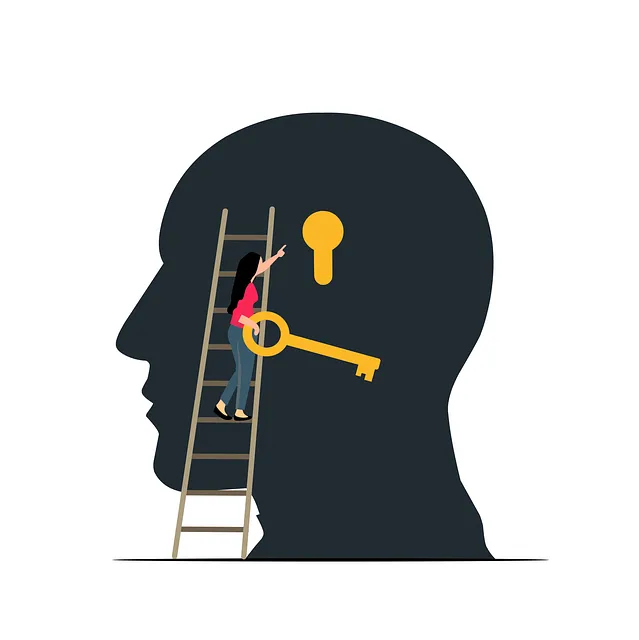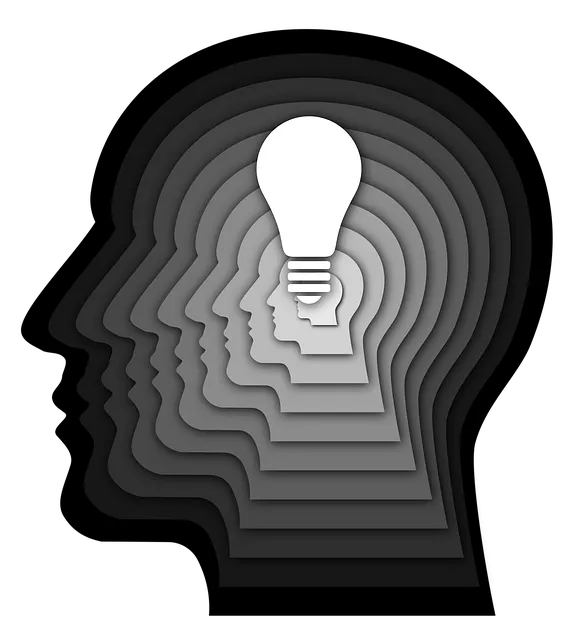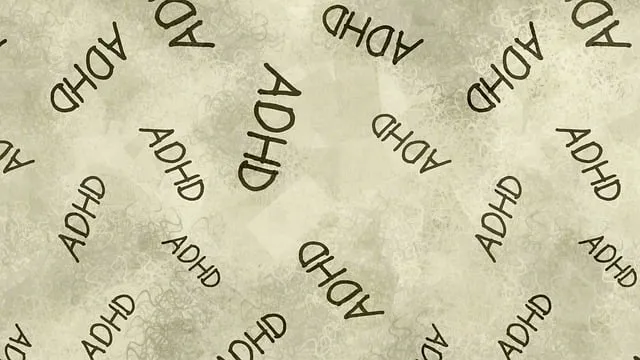Mental wellness apps, like those developed in collaboration with centers like the Lone Tree Kaiser Permanente behavioral health center, are transforming access to mental health support. These digital tools offer personalized solutions for stress management, anxiety, and depression through interactive features, evidence-based therapeutic techniques (e.g., CBT), and mindfulness practices. By catering to diverse user needs and preferences, these apps empower individuals to take control of their emotional well-being in a convenient and often more affordable manner. With a booming market and promising future potential, mental wellness apps are poised to revolutionize emotional healing through enhanced accessibility to effective therapeutic interventions.
In today’s fast-paced world, mental wellness app development is a game-changer in extending access to therapy. With increasing awareness about mental health from institutions like the Lone Tree Kaiser Permanente behavioral health center, there’s a growing demand for digital solutions. This article explores the need for mental wellness apps, delves into their essential features and functionality, outlines the development process, and examines the significant impact and future prospects of this innovative approach to therapy.
- Understanding the Need for Mental Wellness Apps
- Features and Functionality of Effective Apps
- Development Process: From Concept to Launch
- The Impact and Future of Mental Health App Therapy
Understanding the Need for Mental Wellness Apps

In today’s fast-paced world, mental wellness is an increasingly vital aspect of overall health. This need is highlighted by centers like the Lone Tree Kaiser Permanente behavioral health center, which emphasizes the importance of addressing psychological well-being alongside physical health. Mental wellness apps emerge as a powerful tool to support individuals in managing stress, anxiety, and other common mental health challenges. These applications offer accessible and personalized solutions, filling gaps that traditional healthcare systems may not fully cover.
With the rise of digital technology, there’s a growing demand for innovative approaches to mental health care. Mental wellness apps can provide discreet support, allowing users to engage in practices like Compassion Cultivation or participate in Resilience Building exercises at their own pace. Furthermore, such apps cater to diverse user needs and preferences, ensuring that individuals from various backgrounds and with different cultural competencies can access effective behavioral health resources. This accessibility is crucial, especially for those who may face barriers in accessing traditional Healthcare Provider Cultural Competency Training-based services.
Features and Functionality of Effective Apps

In today’s digital age, mental wellness apps have become powerful tools to support individuals’ emotional well-being. Effective apps designed for this purpose offer a wide array of features catering to various aspects of mental health. One key focus is providing users with accessible resources and education about common issues like stress management, anxiety disorders, and depression. These apps often include interactive tools such as mood trackers, meditation guides, and positive thinking exercises, allowing individuals to monitor their emotional states and practice self-care routines.
The successful app also integrates evidence-based therapeutic techniques from leading institutions like the Lone Tree Kaiser Permanente behavioral health center. Features like cognitive-behavioral therapy (CBT) modules can help users challenge negative thought patterns, while mindfulness practices promote emotional regulation. By combining education, tracking tools, and therapeutic interventions, these apps empower users to take control of their mental health, fostering a sense of balance and resilience in their daily lives.
Development Process: From Concept to Launch

The development process for a mental wellness app begins with understanding the unique needs of users, especially those seeking support from a trusted source like the Lone Tree Kaiser Permanente behavioral health center. This involves extensive research and collaboration with healthcare professionals to design features that cater to various aspects of mental health, including stress management, emotional well-being, and coping mechanisms. The concept is refined through user experience (UX) design, ensuring an intuitive interface that fosters engagement.
As the project progresses, prototyping and testing become crucial. Developers create interactive models to simulate the app’s functionality, gathering feedback from potential users. This iterative process refines the mental health education programs within the app, incorporating empathy-building strategies based on user interactions. Once finalized, the app is prepared for launch, ensuring it meets the highest standards of security and privacy, especially when handling sensitive user data related to their mental wellness journeys.
The Impact and Future of Mental Health App Therapy

The mental wellness app market is experiencing a significant surge, driven by the increasing demand for accessible and personalized therapy. Apps offer a convenient and often more affordable alternative to traditional therapy sessions, appealing to users seeking support from the comfort of their homes. The success of such apps lies in their ability to provide tailored interventions, catering to diverse user needs. For instance, Lone Tree Kaiser Permanente behavioral health center has recognized the potential of digital tools in mental health care, integrating app-based solutions into their services.
Looking ahead, these applications are poised to revolutionize emotional healing processes by making evidence-based practices more accessible. Features such as guided meditations, mood tracking, and virtual therapy sessions enable users to develop coping skills and master conflict resolution techniques. With ongoing advancements in technology and a growing body of research supporting app-based interventions, the future holds immense potential for enhancing mental health support and improving overall well-being.
Mental wellness apps are transforming the way we approach mental health support, offering accessible and personalized solutions for individuals seeking balance. As evidenced by the success of centers like the Lone Tree Kaiser Permanente behavioral health center, these digital tools can effectively complement traditional therapy methods. By focusing on user-friendly interfaces and evidence-based practices, developers can create apps that empower users to take charge of their mental well-being. The future of mental health app therapy looks promising, with continuous innovation promising to make these resources even more impactful and widely available.






